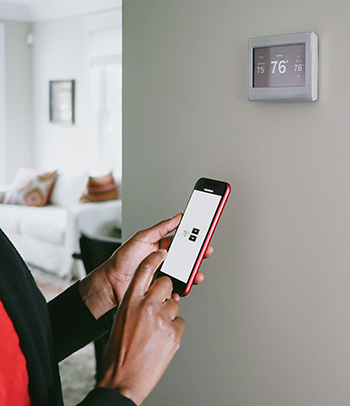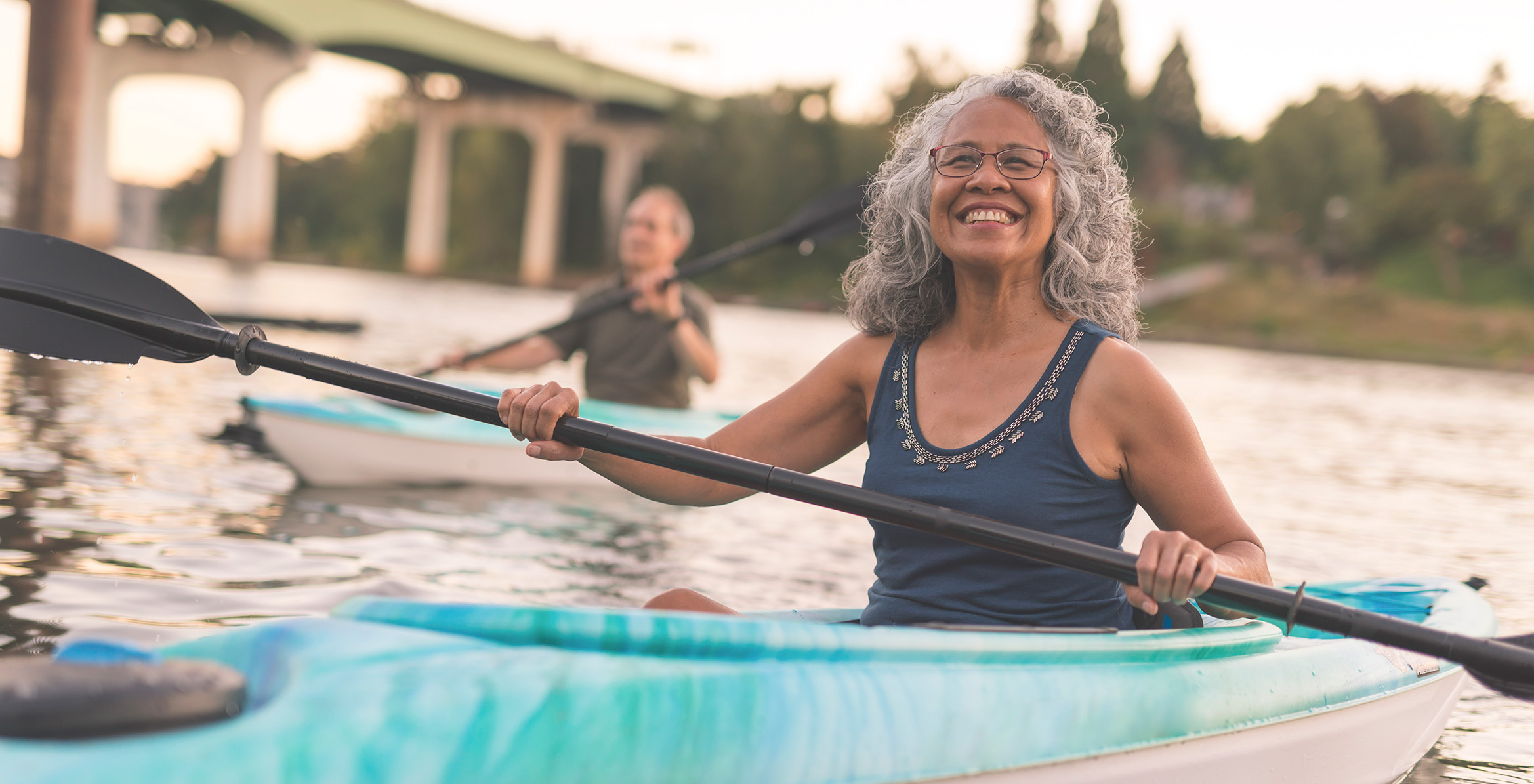As record temperatures become more common, it’s important to know how to stay cool and hydrated and keep yourself safe.
The summer months give many Americans a chance to visit beaches, take a vacation or enjoy more time outdoors. But in large parts of our country, the summer also brings extreme heat and high temperatures. As record temperatures become more common, it’s important to know how to stay cool and hydrated and keep yourself safe.
 At-Risk Populations
At-Risk Populations
Extreme heat can cause people to suffer from heat-related illnesses and even death. According to the Centers for Disease Control and Prevention (CDC), more than 600 people die from extreme heat every year in the United States when their bodies cannot properly cool themselves. Although anyone can suffer from heat-related illness, there are certain populations considered high risk, including:
- Adults 65 years of age and older
- Infants and young children
- People with chronic medical conditions, including heart disease and high blood pressure
- People who are overweight
- People who are on certain medications, including some medications for depression, insomnia and poor circulation
- Young and healthy people who engage in vigorous and strenuous physical activity during extreme heat
Heat-Related Illness
When your body cannot properly cool itself, you’re at risk for heat-related illnesses. Look below to determine what health conditions can arise and what to do about them:
- Heat cramps: Get the person to a cooler place to rest, lightly stretch the muscle and replenish fluids with cool water taken slowly over time.
- Heat exhaustion: Get the person to a cooler place to rest, apply cool cloths to the person’s body and replenish fluids with cool water taken slowly over time. Monitor condition closely.
- Heat stroke: Get help fast. Call 911 or your local emergency number. Immerse the person in a cool bath or wet sheets, but do not give the person anything to drink. Watch for breathing problems and continue to cool the body any way you can.
- Sunburn: Find ways to cool the skin and areas affected by sunburn. A sunburn affects your body’s ability to cool down and can make you dehydrated.
- Heat rash: Provide a cooler, less humid environment, if possible, and keep the affected area dry. You may also use a dusting powder on the irritated skin for more relief.
Check out the CDC for more information on warning signs and symptoms of these and other heat-related conditions.
Tips for Staying Safe in Extreme Heat
 If you’re in an area experiencing a heat wave or extreme temperatures, you should take action to keep you and your family safe.
If you’re in an area experiencing a heat wave or extreme temperatures, you should take action to keep you and your family safe.
- Listen to your weather forecast. The CDC Heat & Health Tracker provides local heat and health information so you can prepare properly. You can also check your local news and weather reports for more specific information.
- Stay in an air-conditioned indoor location as much as you can. If you don’t have air conditioning, find somewhere to go. Your local mall, the public library, a friend’s house — even a few hours inside with air conditioning can help your body stay cooler when you’re back in the heat. Your local health department may also open cooling centers or shelters.
- Schedule your day’s activities around the heat. If possible, try to limit your outdoor activity to when it’s coolest, such as in the early morning or late evening. Stay inside during the hottest parts of the day (usually between 10 a.m. and 4 p.m.).
- Stay hydrated. Drink plenty of fluids, even if you don’t feel thirsty. Water or a sports drink may be your best bet. Stay away from sugary drinks, caffeine or alcohol because they can cause you to lose more body fluid. Keep a water source available for your pets as well.
- Wear the right clothing. Choose lightweight, light-colored and loose-fitting clothing to keep yourself cooler. Choose a wide-brimmed hat and sunglasses to protect your face and eyes and use sunscreen on any exposed area of your skin.
- Do not use a fan as your main source of relief. Fans do not reduce body temperature or prevent heat-related illness. Instead, you could take a cool shower or bath to cool down.
- Never leave your children or pets in a car, even for a short time. Cars can quickly heat up to dangerous temperatures even with a cracked window. Children are at high risk for getting heat stroke.
- Check on family, friends and neighbors and ask them to do the same for you. If you or someone you know is alone or does not have air conditioning, scheduling “check-ins” can be lifesaving.
- Pace yourself. Working out in extreme heat can be dangerous. If you’re going to do it, try to go out when the day is coolest, start slowly, stay hydrated and rest often in shady areas, so your body has a chance to recover.
- Have a plan, as well as an emergency disaster kit in place in case of a power outage. The Red Cross has more details on what to include.
Available Resources
- The National Call Center for Homeless Veterans at 877-424-3838 can provide immediate assistance to Veterans without stable housing during extreme weather.
- The Red Cross offers a wealth of information on heat wave safety, including what to do before, during and after extreme heat affects your area.
- The CDC provides several articles and checklists devoted to Extreme Heat. Learn how to stay safe and protect yourself and your loved ones.
- The National Weather Service shares information on all kinds of summer heat topics, including wildfires, beach safety, rip currents, thunderstorms and much more.
Enjoy the summer and the warm weather, but take the necessary precautions to avoid heat-related illness. Stay cool and hydrated!







